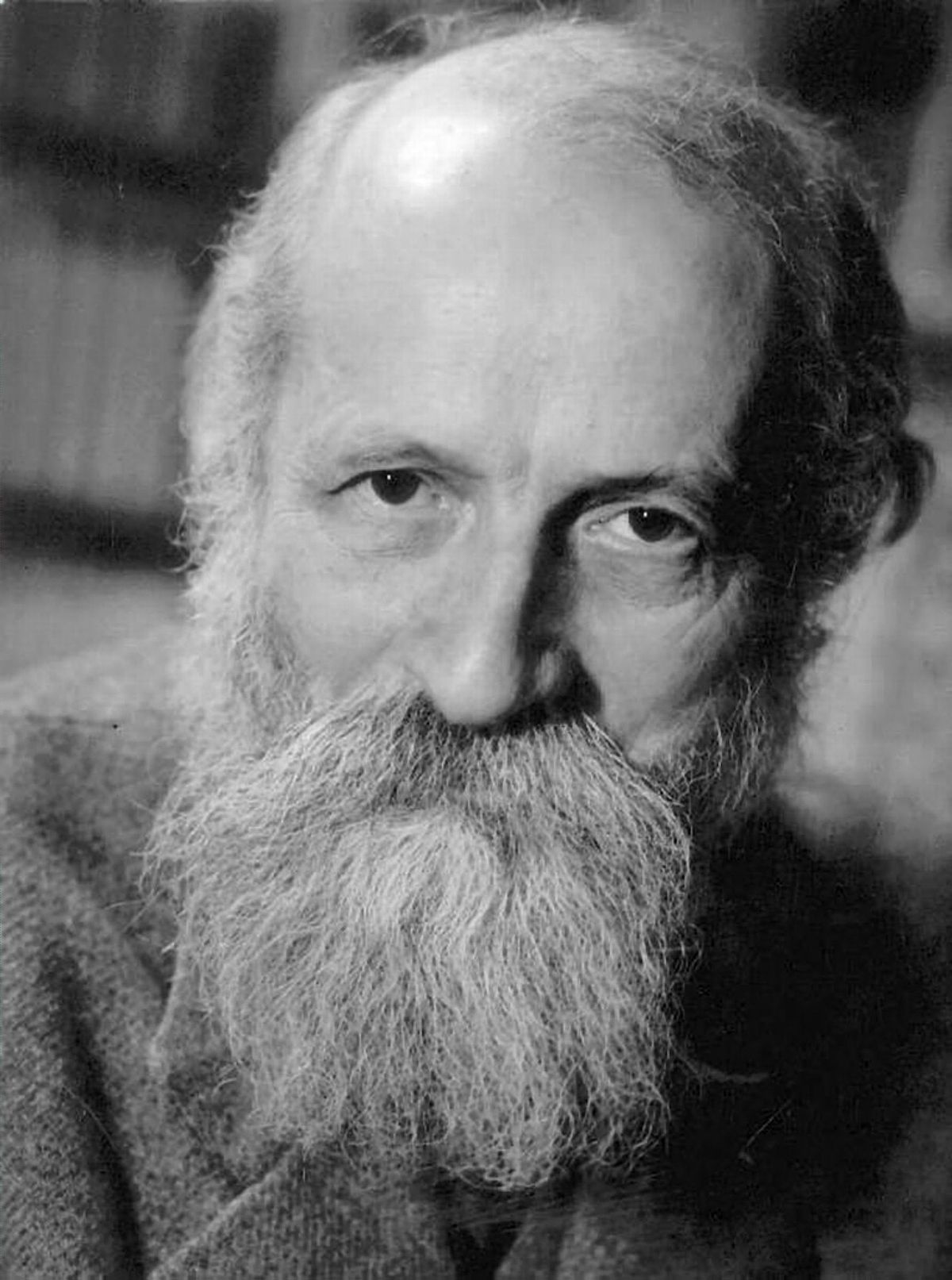MASONIC RITUAL
I-Thou and the Promise of Masonry
Invoking Deity in Masonic Ritual
It has previously appeared on Craftsmen Online that the Opening Ritual consists of three primary functions: Purging the Lodge, Aligning the Officers and Invoking Deity, and that the last of those three is the most important. It is my intent with this piece to not only heartily support the sentiment that the Invocation of Deity is the most important core function of the Opening Ritual, but to also briefly make the case that the Opening Prayer, as written in the ritual, reveals the keystone upon which our great Fraternity lays its lofty promise.

Martin Buber: February 8, 1878 – June 13, 1965
In his 1923 book “I and Thou”, the philosopher Martin Buber outlined the two primary ways in which we relate to people and the world around us. The first is the impersonal way that a person (the subject or “I”) interacts with the people or things around them (the object or “It”) as objects to be used. This type of relationship is referred to by Buber as “I-It” and it focuses on how an object can be used to benefit the subject. For example, a car is an “It” and its purpose is to enable the subject, the “I”, to get from one place to the other. Likewise, a soccer ball is also an “It” that is used as a piece of sporting equipment by the “I”.
Conversely, there is the personal way that a person (the subject or “I”) interacts with the people or things around them, in which these people or things are unique and valued (the object or “Thou” or “You”). This is referred to by Buber as the “I-Thou” or “I-You” relationship. It acknowledges that the other subject in the relationship is to be interacted with rather than to be used. In this relationship, when the “I” interacts with the “You” in a mutually beneficial and respectful way, we allow for a blurring or dissolution of the boundaries between us, and, for that moment, essentially exist as that relationship rather than two individual “I’s”.
To Buber, the word “Thou” refers specifically to God. It can then be proposed, for our Masonic purposes, that we have “I-You” relationships with each other, but rely upon a mutual “I-Thou” relationship with God to set the Plumb, Square, and Level for our meetings. Thus the last action taken before the greatest Light in Masonry shines is the Chaplain’s prayer: “Thou hast promised that where two or three are gathered together in Thy name, Thou wilt be in their midst and bless them.”

This is an example of an “I-Thou” relationship between individuals (two or three people) and the divine (God), where there is a mutual recognition and respect for each other’s unique individuality. The promise in this sentence suggests that when people come together in the name of God, they are engaging in a relationship that is characterized by openness, vulnerability and empathy. It implies that there is a deep connection between individuals and the divine, and that this connection is strengthened when people come together in community (or “dwell together in unity”, if you will).
This explains the great significance to the first question asked of a potential candidate before his acceptance into the Fraternity. Before he may be considered eligible to receive Masonic degrees, the candidate must first profess a belief in the existence of one ever-living and true God. Without that essential belief, we would be unable to form that relationship necessary for our work. When two or three of us invoke Him and perform our work in His holy name, we unite the brethren and activate the strength in our diversity. Furthermore, as we practice collectively in good faith and intention inside of our meetings, the better we are able to carry this strength with us when abroad in the world.
Written by:
WB Ryan Toner
Chaplain, Oriental-Faxton Lodge #224, Utica, NY
Worshipful Ryan Toner is a Past Master and the current Chaplain of Oriental-Faxton Lodge No. 224, Oneida District, Utica, NY. He is also a 32° Scottish Rite Mason, Valley of Utica.